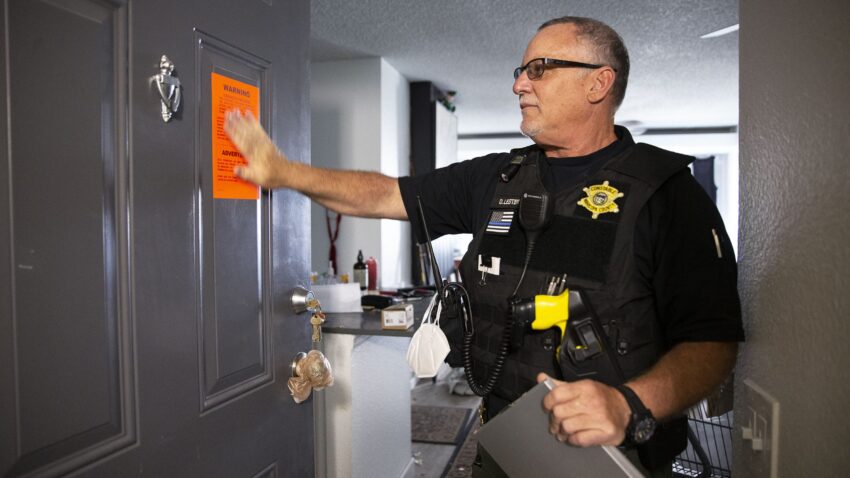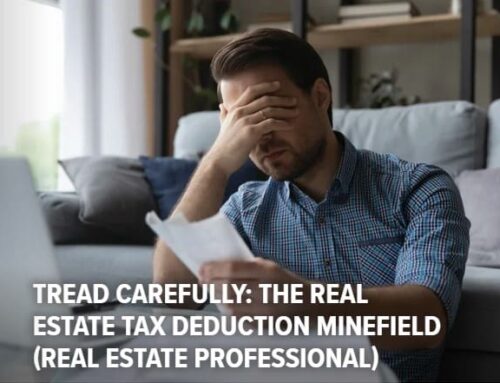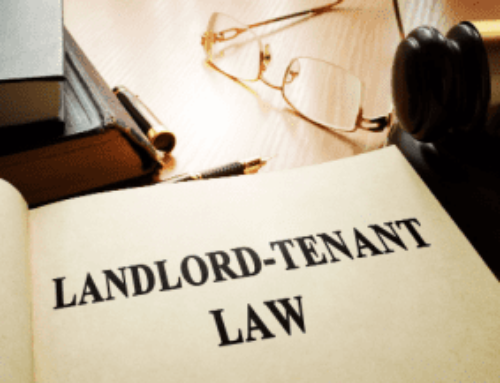Congress just passed a COVID-19 stimulus package that extends the federal eviction ban until Jan. 31, 2021, and provides rental assistance. The president signed it into law Dec. 28. The Centers for Disease Control and Prevention (CDC) halted residential evictions in September in an effort to stop the spread of COVID-19. The order was set to expire at the end of the year.

What do landlords need to know about the CDC’s order?
- Landlords cannot evict “covered persons” from residential properties in any jurisdiction to which this order applies through Jan. 31, 2021.
- It doesn’t apply in any state, local, territorial or tribal area with a residential eviction ban that provides the same or greater level of public health protection.
- It does not relieve a tenant’s obligations to pay rent, make housing payments or comply with other obligations the tenant may have under contract.
- It does not bar landlords from charging or collecting fees, penalties or interest based on the tenant’s failure to make timely payments.
- Landlords can still file evictions for reasons other than non-payment of rent.
- Violations of the CDC order can result in criminal penalties.
How can tenants get the order’s protections?
To invoke the protections of the order, tenants must provide an executed copy of a declaration that meets certain requirements. Each adult on the lease must complete a declaration that states under penalty of perjury that:
- The tenant has used best efforts to obtain all available government assistance for rent or housing.
- The tenant either:
- The tenant is unable to pay the full rent due to substantial loss of household income, loss of compensable hours of work or wages, a layoff or extraordinary out-of-pocket medical expenses.
- Eviction would likely render the tenant homeless or force the tenant to live in close quarters in a new shared living setting because the tenant has no other housing options.
- The tenant is using best efforts to make timely partial payments that are as close to the full payment as the tenant’s circumstances permit.
-
Expects to earn no more than $99,000 in annual income for 2020 (or $198,000 if filing jointly)
-
Was not required to report any income in 2019 to the IRS
-
Received an Economic Impact Payment (stimulus check) through the Coronavirus Aid, Relief and Economic Security Act
If tenants don’t meet these conditions, are they still protected from eviction?
Landlords should note that tenants who do not meet the criteria for protection under the federal ban might still be protected under state or local orders.
Landlords should also stay up to date with other federal tenant protections:
- The Federal Housing Administration (FHA) extended its ban on evictions from properties secured by FHA-insured single-family mortgages through Feb. 28, 2021.
- Government-backed mortgage buyers Freddie Mac and Fannie Mae have barred landlords of single-family properties with Freddie Mac- and Fannie Mae-backed mortgages from evicting tenants until at least Jan. 31, 2021.
- Certain owners of multifamily properties backed by Freddie Mac and Fannie Mae can extend their loan forbearance. If they do so, they cannot evict tenants during the term of the forbearance.
Position Realty
Office: 480-213-5251



